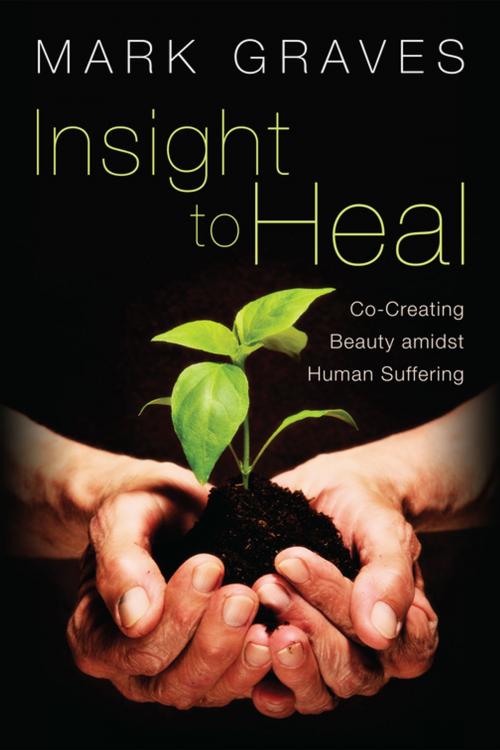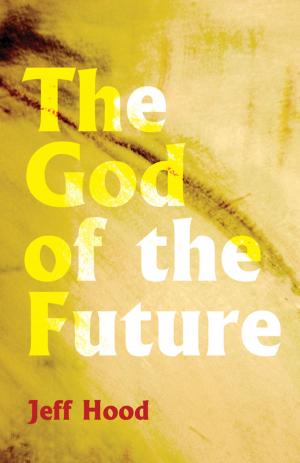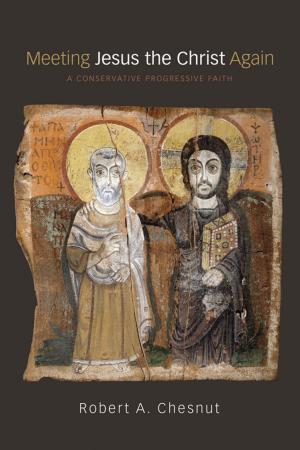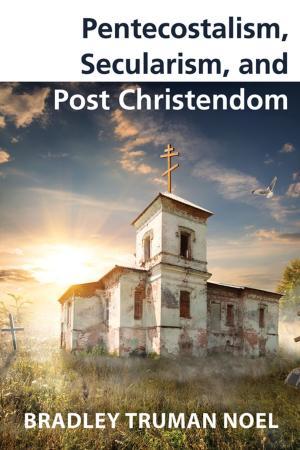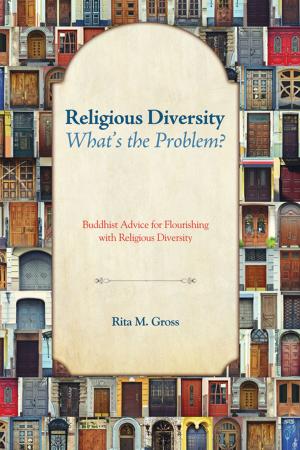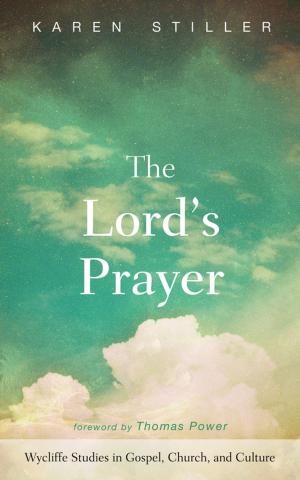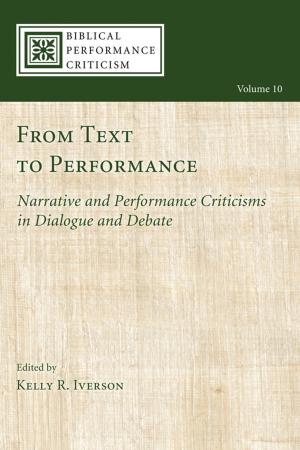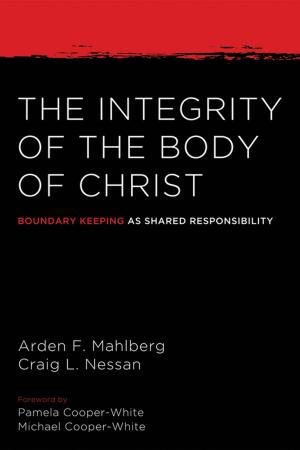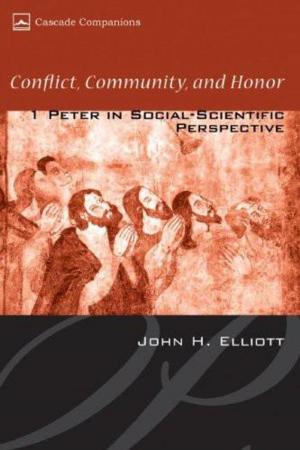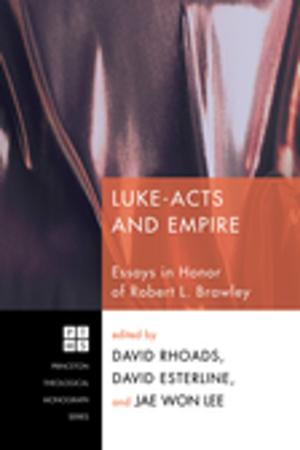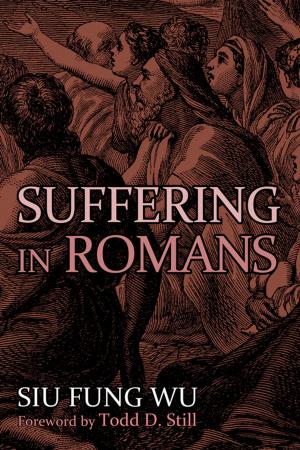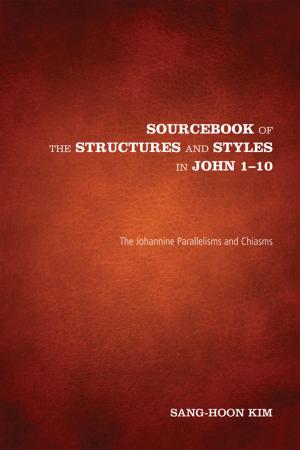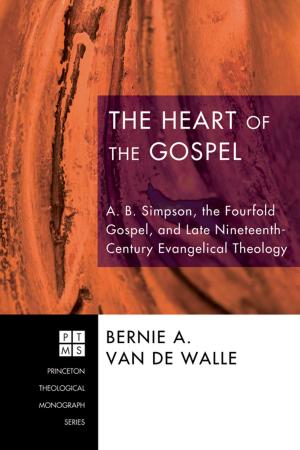| Author: | Mark Graves | ISBN: | 9781621895435 |
| Publisher: | Wipf and Stock Publishers | Publication: | February 12, 2013 |
| Imprint: | Cascade Books | Language: | English |
| Author: | Mark Graves |
| ISBN: | 9781621895435 |
| Publisher: | Wipf and Stock Publishers |
| Publication: | February 12, 2013 |
| Imprint: | Cascade Books |
| Language: | English |
• What does healing mean for Christians and others in an age of science? • How can a person relate scientific findings about one's body, philosophical understanding of one's mind, and theological investigations about one's spirit into a coherent and unified model of the person capable of leading one deeper into one's soul? • How does God continue creating through nature and direct one's wandering toward becoming created co-creators capable of ministering to others? The reality of human suffering demands that theology and science mutually inform each other in a shared understanding of nature, humanity, and paths to healing. Mark Graves draws upon systems theory, pragmatic philosophy, and biological and cognitive sciences to distinguish wounds that limit who a person may become, and uses information theory, emergence, and Christian theology to define healing as distinct from a return to a prior state of being and rather instead as creating real possibility in who the person may become.
• What does healing mean for Christians and others in an age of science? • How can a person relate scientific findings about one's body, philosophical understanding of one's mind, and theological investigations about one's spirit into a coherent and unified model of the person capable of leading one deeper into one's soul? • How does God continue creating through nature and direct one's wandering toward becoming created co-creators capable of ministering to others? The reality of human suffering demands that theology and science mutually inform each other in a shared understanding of nature, humanity, and paths to healing. Mark Graves draws upon systems theory, pragmatic philosophy, and biological and cognitive sciences to distinguish wounds that limit who a person may become, and uses information theory, emergence, and Christian theology to define healing as distinct from a return to a prior state of being and rather instead as creating real possibility in who the person may become.
